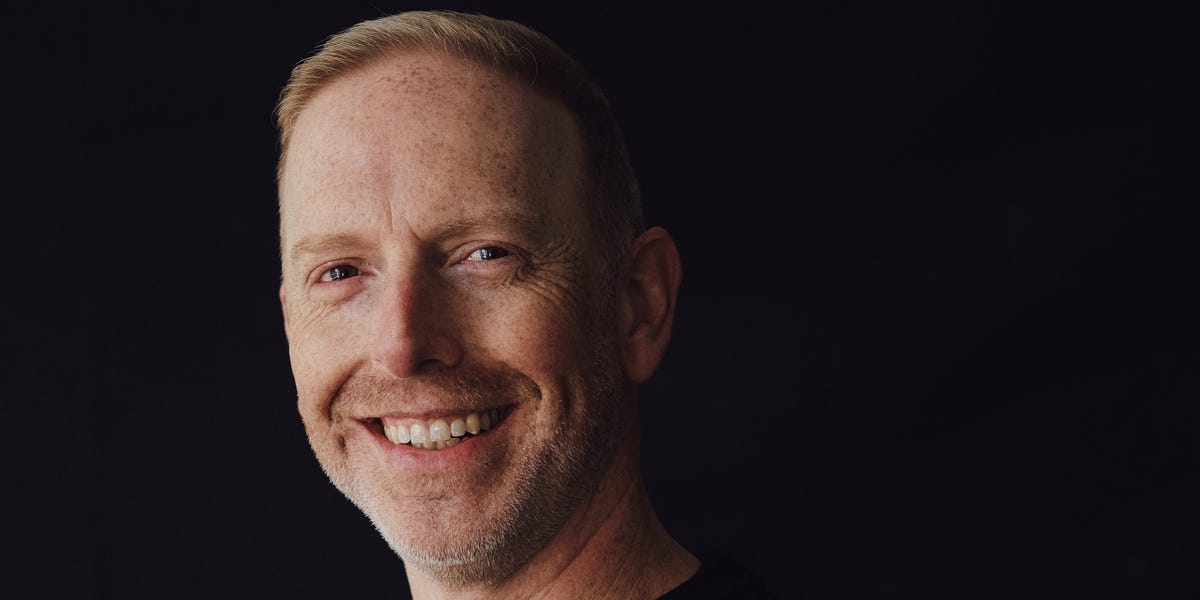If you were chronically online in 2019, you might remember “VSCO Girls,” the viral phrase coined to describe the Gen-Z users obsessed with the photo-editing and sharing app.
The app, which offers a slew of editing tools like filters, became a go-to for influencers and everyday social-media users, rivaling Instagram in cool factor if not in size.
“What ended up happening, though, is I think we kind of walked away from our roots in many respects,” said Eric Wittman, who was tapped as CEO in September after serving as president since 2021.
VSCO has since doubled down on its mission to provide users a space to create and share photos, at a time when other platforms like Instagram are running in the other direction. It has also narrowed its focus on its core demographic: photographers and content creators.
“They still want this safe place to find themselves as creative individuals. They want to find other people and build community,” Wittman said.
The platform has added features like “Spaces” (a shared gallery), DMs, and more customizable profiles for paying members to help users get discovered by and connect with potential clients. VSCO utilizes a freemium model after launching paid memberships in 2017, which now cost between about $30 and $60 a year. Paying members also get access to VSCO’s video-editing tools. VSCO’s memberships make up a majority of the company’s revenue and it turned a profit in late 2022, Wittman told The Information last year.
Since its moment in the spotlight, VSCO’s growth has slowed, however. According to market intelligence firm SensorTower, VSCO downloads declined 47% and 36% year-over-year in 2022 and 2023, respectively. The firm cited the rise of AI-powered apps and increased editing tools on existing platforms as a potential influence, which would include ByteDance’s CapCut and other trendy AI photo-editing apps.
“VSCO boasts a worldwide community of more than 200 million users,” Wittman told BI. “While we can’t speak to SensorTower’s data collection methods, viral moments are fleeting by nature, so it’s natural to experience some course correction after new apps or major new feature launches occur. Our main emphasis is catering to aspiring and professional creators, photographers, and enthusiasts. Scaling a broad consumer audience was never a primary component of the strategy.”
Wittman told BI that VSCO is “capital efficient” and a spokesperson confirmed the company is profitable by GAAP standards. It last raised venture capital in 2015 with a $50 million Series B round, bringing its total fundraising to $90 million. Wittman said the company, which has 105 employees, has also avoided layoffs during the latest tech downturn and that it is “always interested” in well-fitted acquisitions.
“We’ve been very conscious of how we want to make money as a company, and it’s very much oriented towards giving creators value and then monetizing that value exchange directly with the creators,” Wittman added. This contrasts with social-media companies like Meta, Snap, and TikTok, which are all heavily ad-based.
Now approaching its 13th year in business, VSCO isn’t at the scale of Meta or TikTok, but its longevity could serve as an example for other startups aiming to build a sustainable social-media business. It’s proof that maybe — just maybe — startups don’t need to aspire to be the biggest or kill competitors to succeed.
Here are 3 lessons VSCO’s CEO has for startups entering the social-media arena in 2024:
-
He wants to see tech startups building a healthy blend of online and offline communities. “We’ve got to get back to just reestablishing unmanipulated human connections again,” Wittman said. “I do think that people post-COVID are craving real human connections and you’ve seen enough market data now where, especially in the United States, the increase in loneliness has dramatically grown over the last couple years.”
-
Social networks could benefit from narrowing their focus. “The opportunity for new community or social networks is focusing on a certain category of people or subject matter because traditional social media has gotten very noisy,” Wittman said. “It’s increasingly harder to find your person or your people or the subject matter that you’re interested in.”
-
Social startups will need to think critically about their business models now more than ever. “Yes, you can bootstrap yourself for so long, but at some point, people have bills to pay, and if folks take venture capital, you’re going to have investors who at some point in time are going to want to return,” Wittman said. If a new network chooses advertising as its primary model, Wittman warns that it “takes a massive scale” of at least 100 million users to make it work.
Read the full article here





